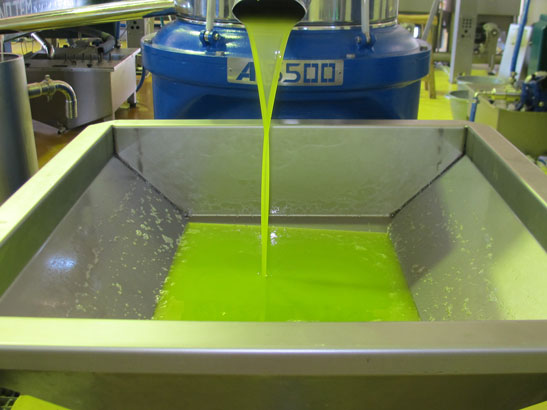
AQuality Systems
697-406-1463
Email: [email protected]
AQuality Systems
Μαρίνου Αντύπα 20 Αγρίνιο , Ελλάδα
BRC v.7

Whilst the standard is not designed to detect food fraud, it should provide confidence to customers that their suppliers have robust systems in place to protect themselves from being the victims of a fraud further back in the supply chain. Although covered as part of HACCP and supplier approval in Issue 6, the focus on fraud prevention has been increased by introducing three new clauses. These look at vulnerability to fraud, as well as introducing tighter controls on supplier approval, particularly the controls of agents and brokers.
Retailers and food service companies are increasingly looking for more information about the source of raw materials used in their products to give them confidence in the food safety systems operated by raw material suppliers. In recognition of this, Issue 7 has extended the requirements for traceability to include assurances about the traceability system operated by raw material suppliers.
Where raw materials are supplied by agents and brokers, it will be necessary to know the manufacturer of the raw material and ensure that the manufacturer meets the raw material supplier approval process of the site.
An analysis of product recall and product withdrawal data shows that the underlying cause of the greatest number of problems is labeling. Problems occur either because the label information is incorrect as a result of changes to ingredients or suppliers, or because of errors made during the packing process. To attempt to focus on the issue, clauses relating to labeling and packing have been expanded and included in a new fundamental statement of intent.
Many customer audits undertaken at BRC certificated sites focus on the customers’ own policies. A new set of requirements has been added to provide customers with greater confidence that sites are aware of and act on customer-specific policies when producing products for customers.
The practice of providing surplus products to charities has become more common and is to be encouraged. Issue 7 has two new clauses designed to ensure that the food is safe and labeled appropriately and that products donated bearing the customers’ brand are treated in accordance with the brand owner’s policies.
Issue 6 introduced more detail on the environmental controls for high-care and high-risk chilled and frozen products. A new requirement has been introduced to ensure that there are risk-based environmental controls to protect ambient products where the product is at risk of cross-contamination from a raw material after processing.
The grading structure for Issue 7 has been extended to allow more differentiation between certificated sites. The new certificated grades will be AA, A, B, C and D with a + added to the grade where the audit is carried out unannounced. Grading as before is based on the type and number of non-conformities identified at the audit. Full details are provided in the standard.
The rules for the exclusion of products from the audit scope have been clarified and the reasons for exclusion need to be included in the audit report. The exclusion of products from scope is discouraged.
The new issue has been designed to enable additional voluntary modules to be added to the audit to meet particular customer or geographical requirements and reduce the need for further audits. The first of the voluntary modules covers traded goods, which previously required a second certification audit.
The unannounced audit schemes remain voluntary and have been extended to allow access to any site wanting to join the unannounced scheme irrespective of its previous grade.

 English
English  Ελληνικα
Ελληνικα 